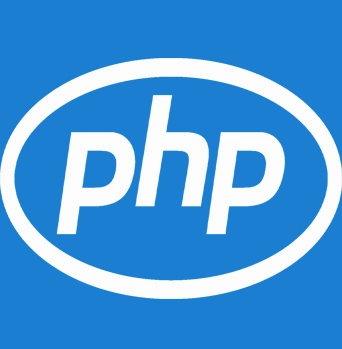Start Learning PHP
What you will learn here?
In this tutorial, you will learn the fundamentals of the PHP scripting language, from the basic level to the advanced level step-by-step. In this, we will learn about Set-up the environment for the PHP, data types, variables, different built-in functions, printing functions, operators, decision-making statements, loops, and so on. We will go through example programs to get familiar with PHP and we also arranged the programs in such a manner that a beginner can learn the program from base to the advanced level, and we have also made available the interview questions for all levels of PHP learners and job seekers.
What is PHP?
PHP is an acronym for Hypertext Preprocessor. PHP is an open-source server-side scripting language for developing dynamically generated web pages. PHP is a highly popular and widely used server-side scripting language. Rasmus Lerdorf, a Danish programmer, invented PHP in 1994. Personal Home Page was the name given to it at first.
PHP programs are run on the server, and the output is displayed in plain HTML in the web browser. PHP can work with a variety of databases, including MySQL, PostgreSQL, Microsoft SQL Server, and others. PHP supports several protocols such as HTTP, POP3, SNMP, LDAP, IMAP, and many more. According to studies approximately 75% of websites still use PHP. PHP 8.0.10 is the latest version the PHP.
What are the uses of PHP?
It can handle back-end functions such as
- Can perform create, open, read, write and close operations on files in the server
- Collect data from the user
- Can be used to send and receive cookies
- Can perform CRUD (create, read, update and delete) operation on the database
- It can restrict unauthorized access to the website
- It can send and receive emails
- It can encrypt data
What are the advantages of using PHP?
- PHP is an open-source scripting language
- PHP is Platform-Independent, a PHP application that has been developed in one OS can be run on another OS.
- PHP is a Loosely Typed, Declaration of the variable is not required in PHP
- PHP has a wide range of server support such as Apache, WAMP, Nginx, etc.
- PHP has some predefined error reporting constants for generating a warning or error notice at the time of execution. E.g., E_ERROR, E_WARNING, E_STRICT, E_PARSE.
- PHP is a user-friendly language, it is easy for the beginners
Why choose PHP
- PHP is an Open-Source and Object-Oriented Scripting Language
- PHP is an interpreted language and there is no need for compiling the PHP file.
- PHP and its frameworks (such as Laravel, Cake PHP) are free to use and easily available.
- PHP is user-friendly easy to learn for beginners.
- PHP is platform-independent, an application developed in one OS can also execute in any other OS also.
- In PHP the data encryption and validation can be done easily.
- PHP can be integrated with most of the databases which are currently used in the industry namely MySQL, PostgreSQL, Oracle, and Microsoft SQL Server.
- PHP has a vast developer community.
- PHP is easy for file handling.
- PHP can be used to handle cookies.
- PHP support almost all the servers which are currently used namely Apache, Wamp, XAMPP, and etc.
Resources at your convenience:


